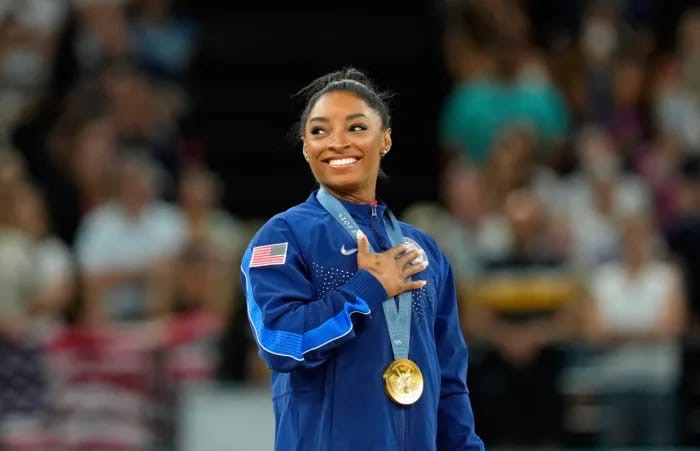The Tokyo 2020 Olympics, postponed due to a global pandemic and marred by unprecedented challenges, was supposed to be a triumphant display of the world’s greatest athletes pushing boundaries. However, one of the most memorable moments was not a record-breaking performance or a stunning upset—it was Simone Biles, the face of American gymnastics and a four-time Olympic gold medalist, stepping back from competition, citing mental health concerns. While Biles’ decision was widely praised as a courageous stance against the stigma surrounding mental health, the underlying response from the Olympics sent a far less supportive message.
The strong message sent by the Olympics is clear: mental health is still a secondary concern in a world where medals, media, and money reign supreme. Despite the growing conversation around athlete well-being, Biles’ withdrawal highlighted the stark reality that the structure of international sports events like the Olympics is still woefully unprepared—and often unwilling—to accommodate athletes who prioritize their mental health over performance.
Athlete Mental Health vs. Olympic Expectations: A Battle of Values
Simone Biles’ choice to prioritize her mental health over the expectations of billions was not just a personal decision; it was a public declaration that mental health matters. However, the reaction from Olympic officials and sports media was a mix of support and subtle disdain. While some lauded her for her bravery, others insinuated that Biles had let down her country, teammates, and fans. The pressure placed on athletes like Biles, particularly in high-stakes events such as the Olympics, reflects a dangerous cultural norm that glorifies pushing through pain, both physical and mental, at any cost.
The message to athletes has long been clear: your worth is measured by your medals, not your mental well-being. This attitude was painfully evident in how the situation was handled. The Olympics, for all its claims of unity and human spirit, failed to provide an environment that supports athletes holistically. The mental health resources available to athletes are often inadequate, and the public narrative still overwhelmingly celebrates perseverance over self-preservation.
Biles vs. the Olympic Machine: Who Really Wins?
Biles’ decision should have sparked a broader examination of how Olympic pressure cooker environments impact mental health, but instead, it exposed the Olympics’ outdated values. Despite a few token acknowledgments of Biles’ struggles, the Olympics continued with business as usual, emphasizing competition over compassion. The International Olympic Committee (IOC) and sports federations were quick to issue statements of support, but the broader infrastructure remained unchanged. The mental health services available to athletes are minimal, and there is little meaningful change to how athletes are prepared, supported, and judged on the world stage.
The Olympics missed a crucial opportunity to lead by example and prioritize the mental health of its participants. Instead of showing a strong commitment to athlete welfare, the event continued to prioritize performance and spectacle over support. The strong message sent to Biles and other athletes was that their struggles are secondary to the relentless pursuit of gold.
The Price of Silence: Long-Term Impacts on Athletes
Biles’ situation is not unique; it is a reflection of a broader issue within competitive sports. The Olympics, as the pinnacle of athletic achievement, sets the tone for how athletes are treated worldwide. If the most visible sports event on the planet cannot prioritize mental health, what hope is there for less publicized competitions? The silence from Olympic officials on these deeper issues is deafening. While the Olympics celebrated Biles’ return to competition later in the Games, the initial response and lack of meaningful action spoke volumes.
In the end, Simone Biles’ withdrawal from Olympic events was a powerful act of defiance against a system that demands perfection at any cost. However, the lack of substantial changes in how the Olympics address athlete mental health shows that the event’s priorities remain skewed. Until the Olympics and other major sports organizations take concrete steps to support athletes beyond the podium, the message to competitors like Biles will remain clear: your medals matter more than your mind.
